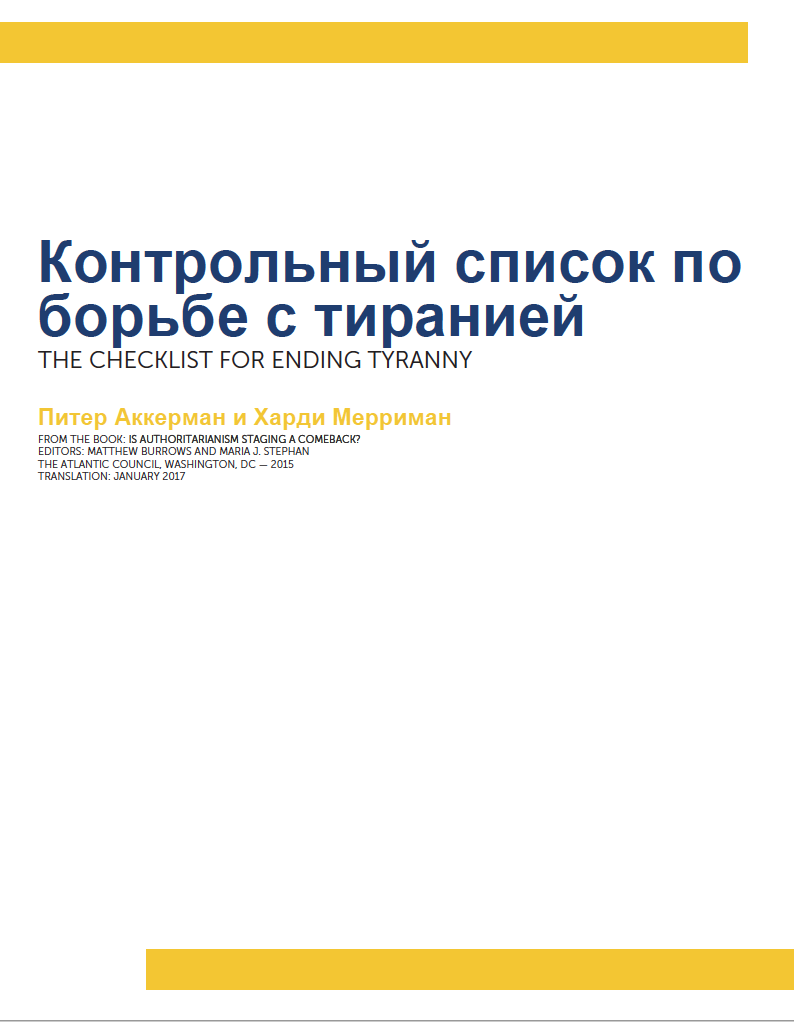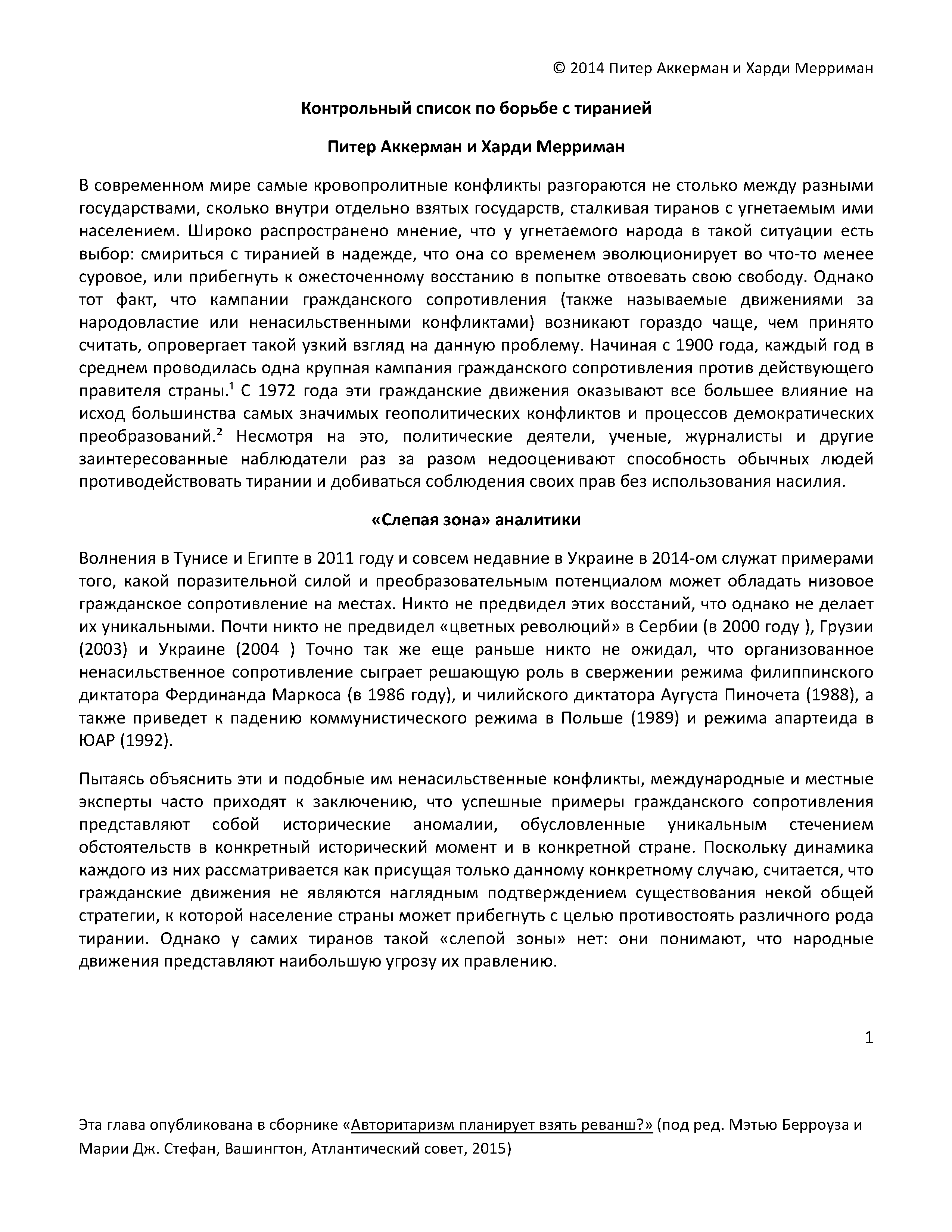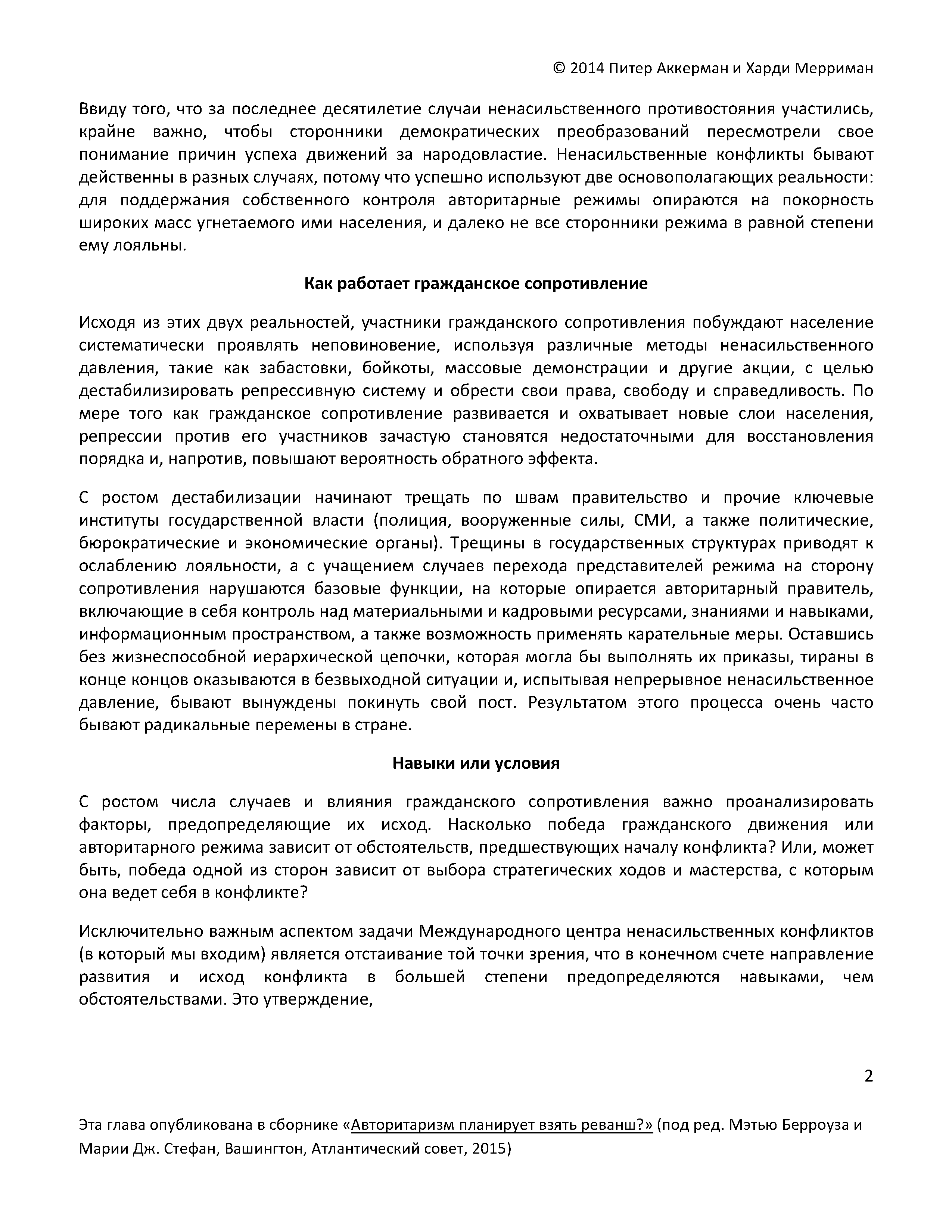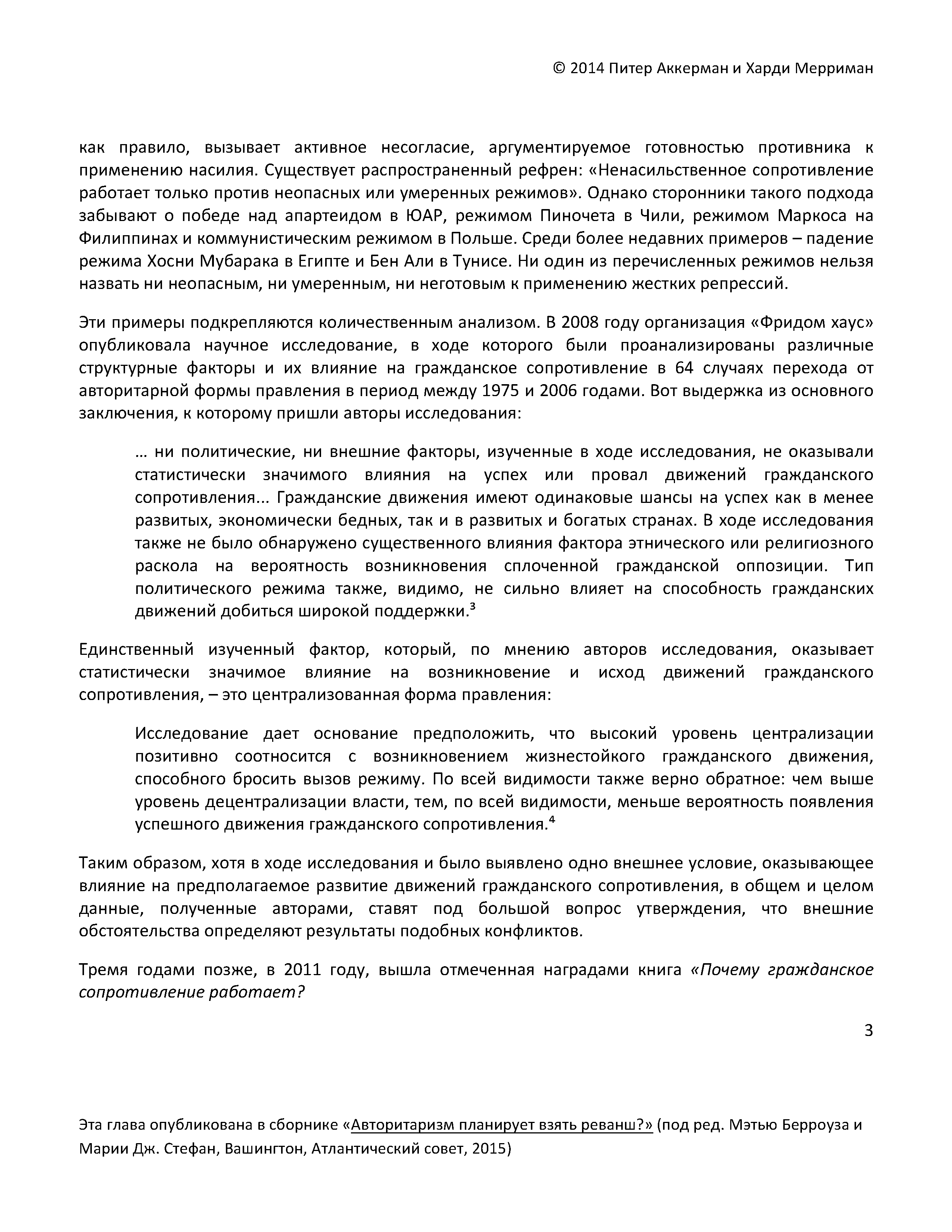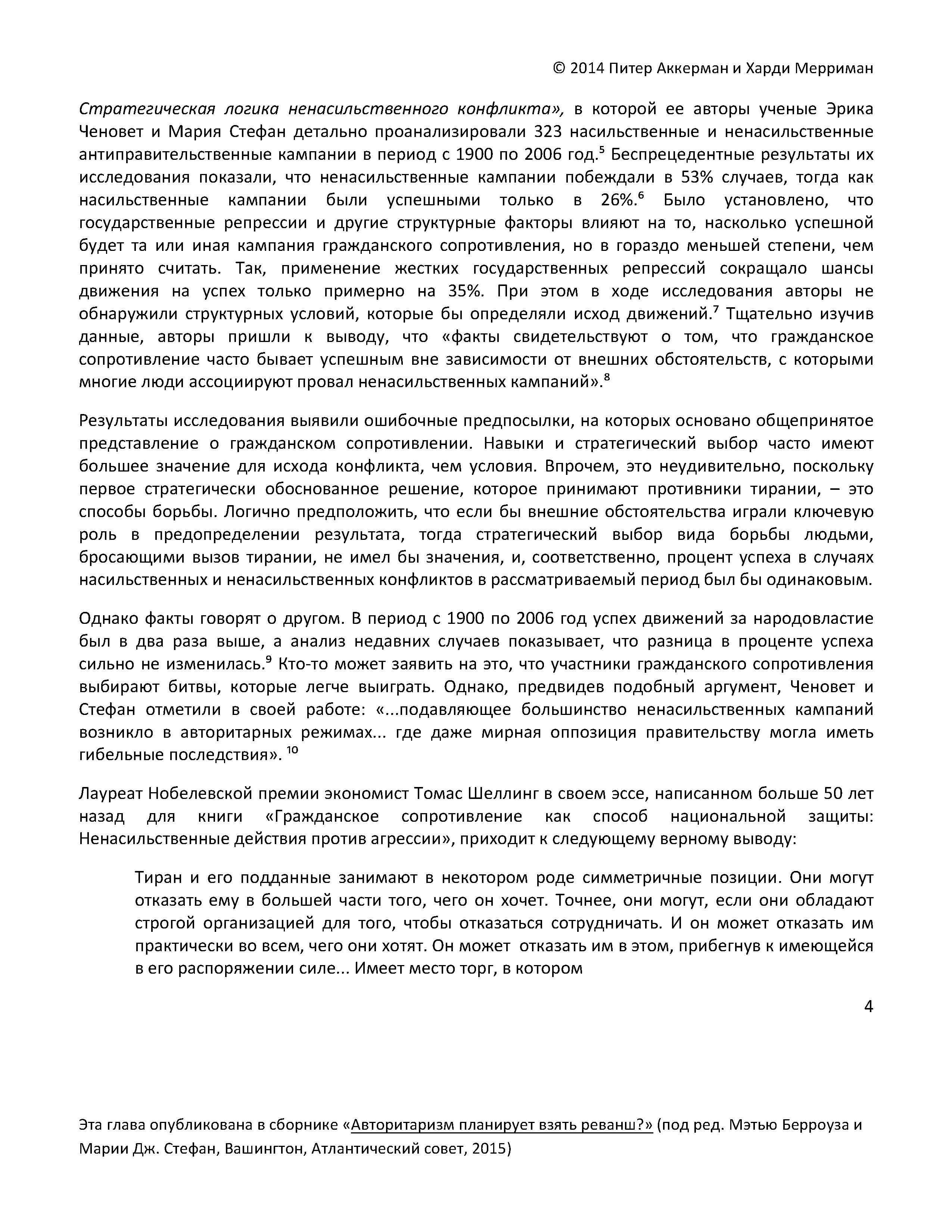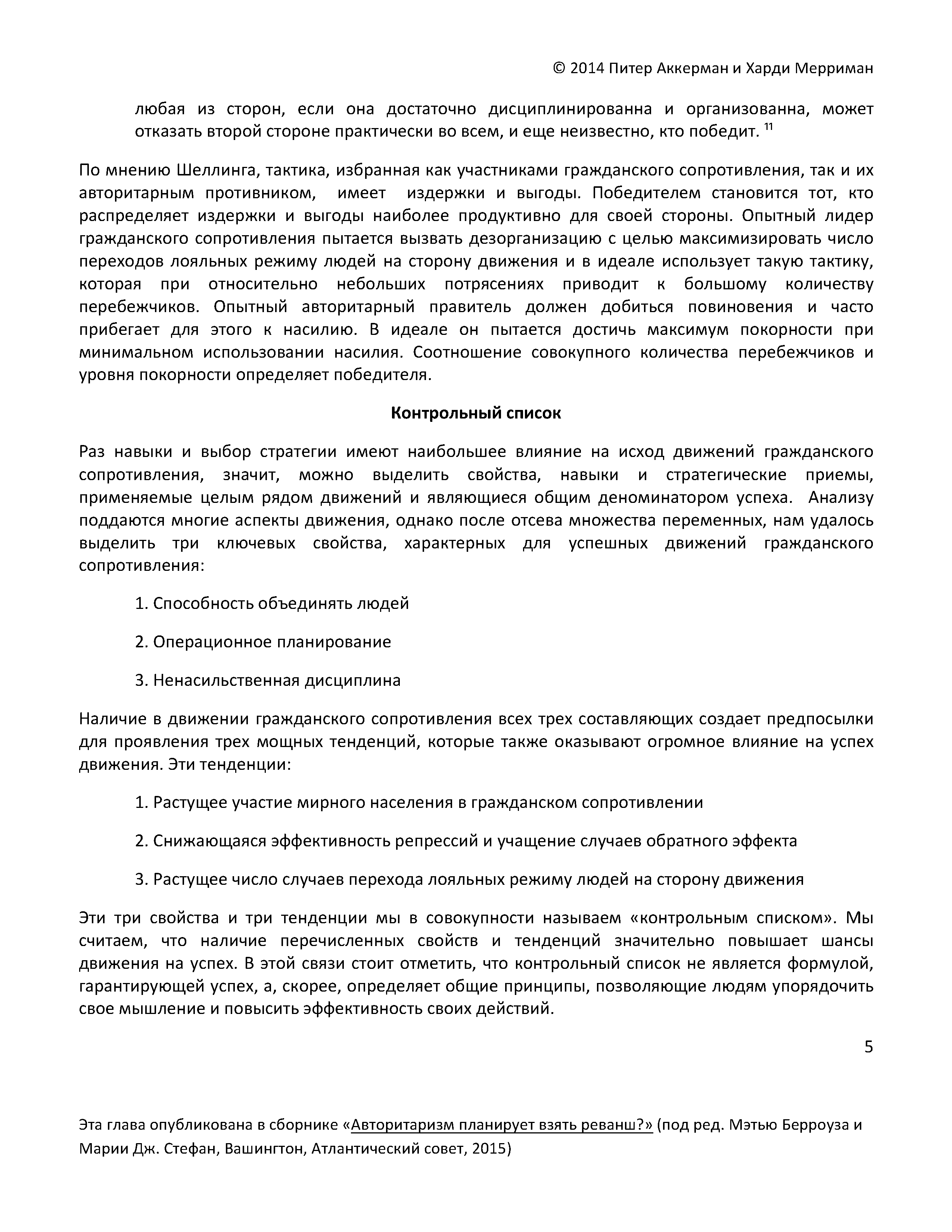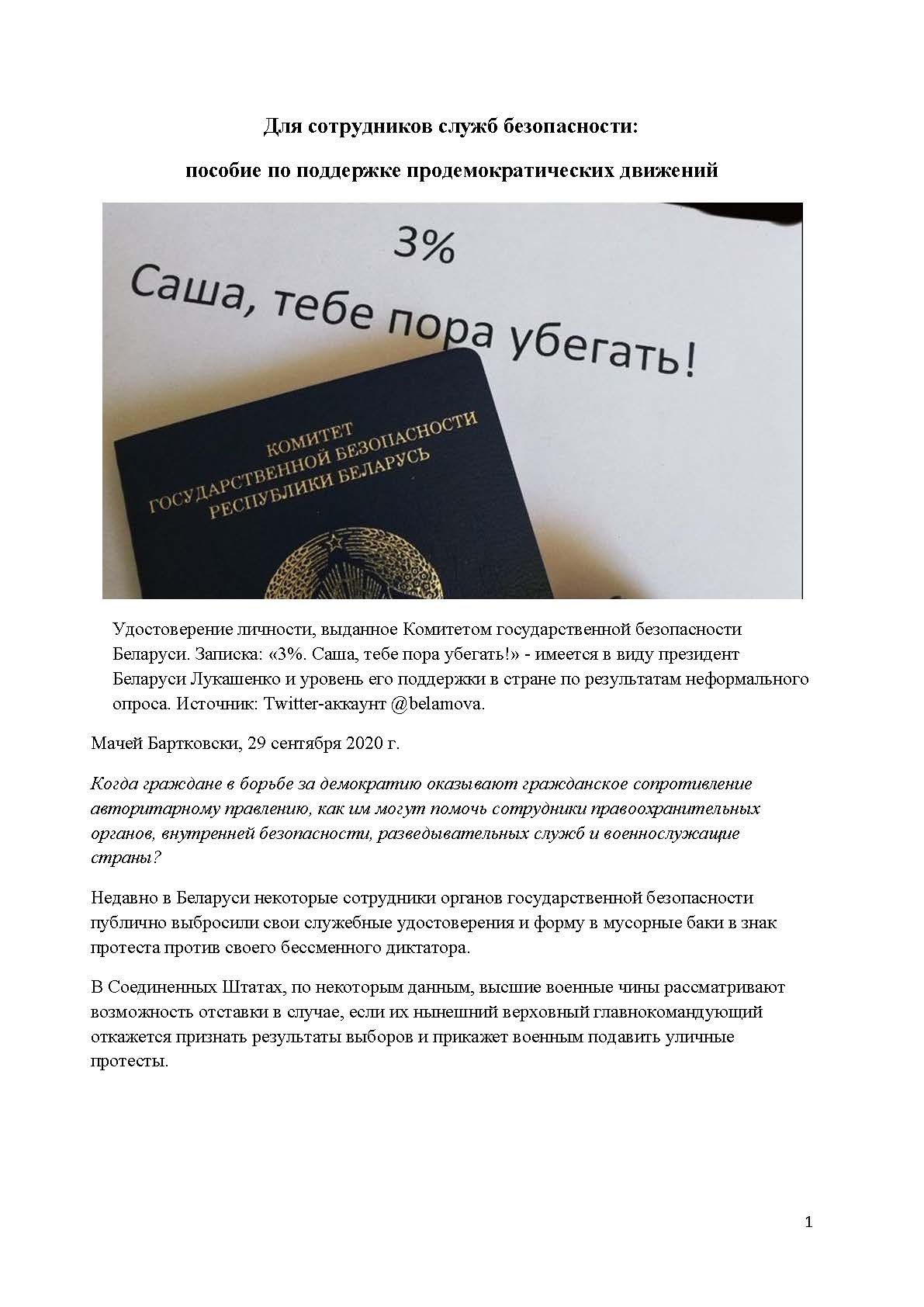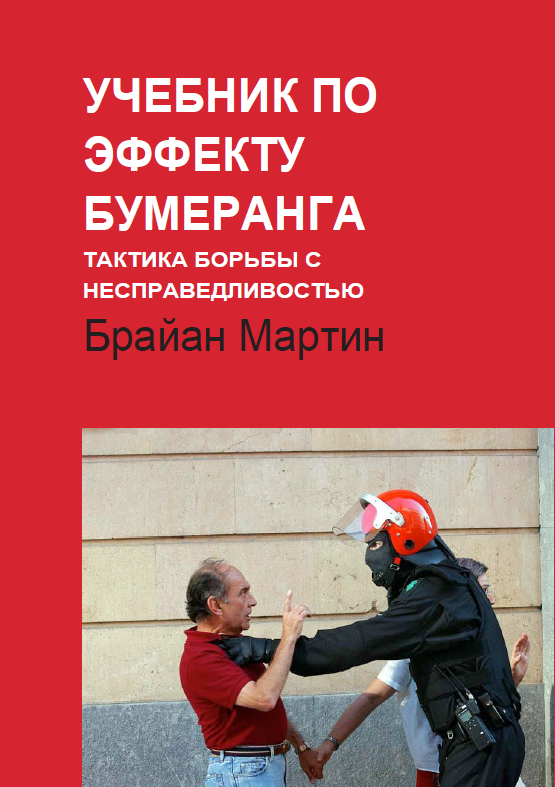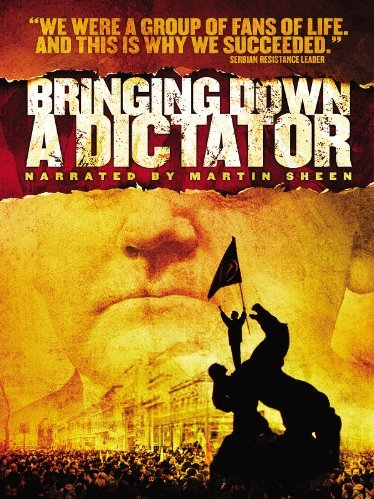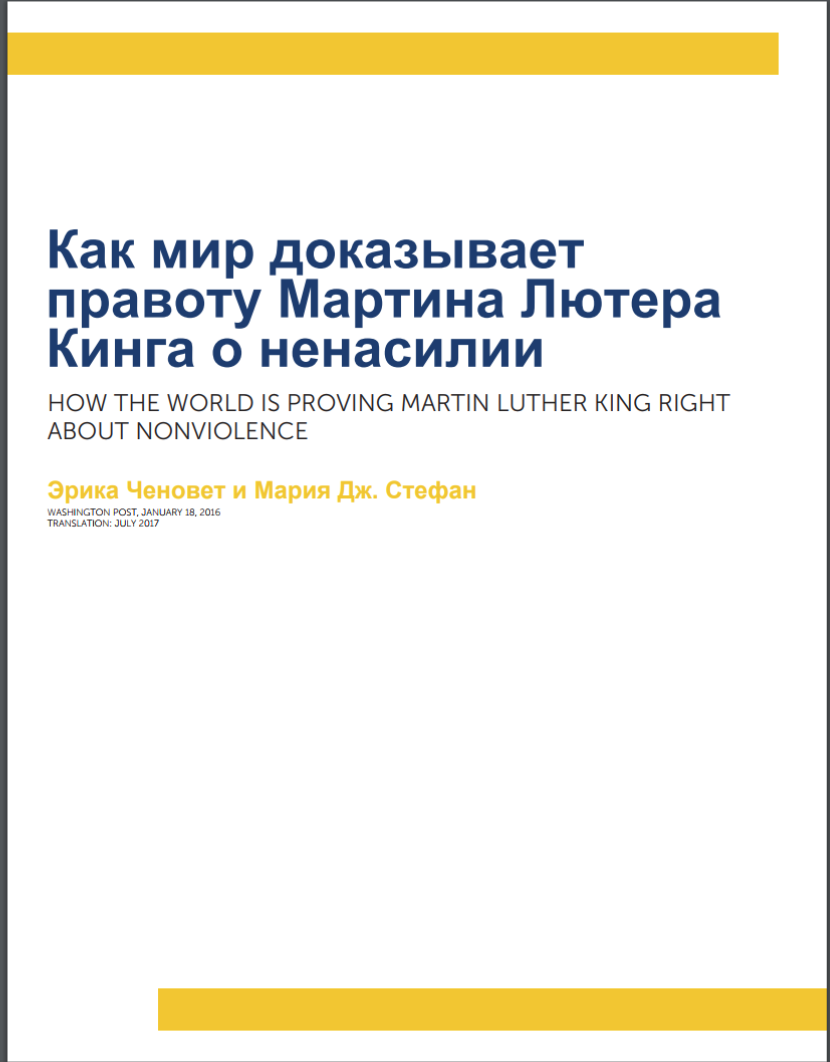Контрольный список по борьбе с тиранией
Today the most deadly conflicts in the world are not between states but rather within them, pitting tyrants against the populations they oppress. It is widely believed that these oppressed populations have two choices: acquiesce to tyranny in hopes that it will evolve to something milder or launch a violent insurrection to gain freedom. This limited view is refuted by the fact that civil resistance campaigns (sometimes referred to as “people power” movements or nonviolent conflicts) have occurred far more frequently than generally realized. Beginning in 1900, there has been on average one major campaign of civil resistance challenging an incumbent ruler per year. These citizen-‐led movements have increasingly defined the outcome of the most geo-politically significant conflicts and democratic transitions since 1972. Yet policy makers, scholars, journalists, and other interested observers consistently underestimate this capacity of ordinary people to undermine tyranny and achieve rights without violence.
Editors: Mathew Burrows and Maria J. Stephan
The Atlantic Council, Washington, DC — 2015
Translation: January 2017
